Russia warns Lithuania of serious consequences over Kaliningrad rail blockade
Russia has warned NATO-member Lithuania that its move to block the transit of goods through Lithuanian territory to the Russian exclave of Kaliningrad will have serious consequences for the Baltic state.
Lithuania shut the route to the Baltic Sea exclave on Saturday. The sea port, which is connected to the rest of Russia by a rail link through Lithuania, is home to nearly a million Russians.
The secretary of Russia’s Security Council Nikolai Patrushev said, “Russia will certainly respond to such hostile actions.”
“Appropriate measures are being worked out in an interdepartmental format and will be taken in the near future,” he said. “Their consequences will have a serious negative impact on the population of Lithuania.”
Patrushev pointed out that Lithuania's move proved that Moscow could not trust the West.
He said Lithuania had broken written agreements over Kaliningrad.
Russia summoned the European Union (EU)'s Ambassador to Moscow Markus Ederer to protest the action of the Baltic state.
Ederer said that Lithuania was simply carrying out newly implemented EU sanctions on Russia, according to Peter Stano, a spokesman for the EU. “He conveyed our position on Russia’s aggression against Ukraine and explained that Lithuania is implementing EU sanctions and there is no blockade,” Stano said in Brussels.
Ederer also urged Russian officials to refrain from “escalatory steps and rhetoric,” Stano said.
The ambassador claimed that there was no blockade of Kaliningrad and that the transit of non-sanctioned goods continued into the exclave.
Authorities in Lithuania said the ban would cover between 40 and 50 percent of the items that Kaliningrad imports from and exports to Russia through Lithuania. According to the EU sanctions list, it includes coal, metals, construction materials, and advanced technology.
Russian officials, however, say other basic goods have been blocked from entering the exclave as well.
Russia’s Foreign Ministry also reacted to Lithuania’s actions, which it said “violate the relevant legal and political obligations of the European Union” and represent an “escalation.”
“We demanded the immediate restoration of normal Kaliningrad transit,” the ministry said. “Otherwise retaliatory measures will follow.”
Lithuanian Prime Minister Ingrida Simonyte denied that the move amounted to a blockade and accused Russia of violating “possibly every single international treaty.” She said that it was “ironic to hear rhetoric about alleged violations of international treaties” from Russia.
Kaliningrad is sandwiched between Poland and Lithuania — both of which are European Union and NATO members.
Lithuania closed its airspace to flights from Russia to Kaliningrad, shortly after Russian President Vladimir Putin declared a military campaign against Ukraine on February 24.
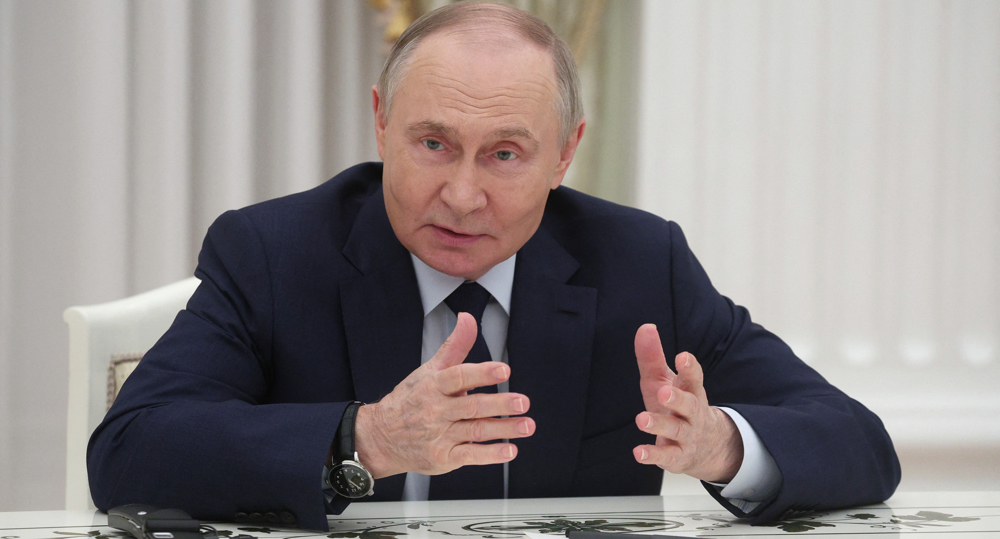
Russia's President Putin ratifies bill for strategic partnership with Iran
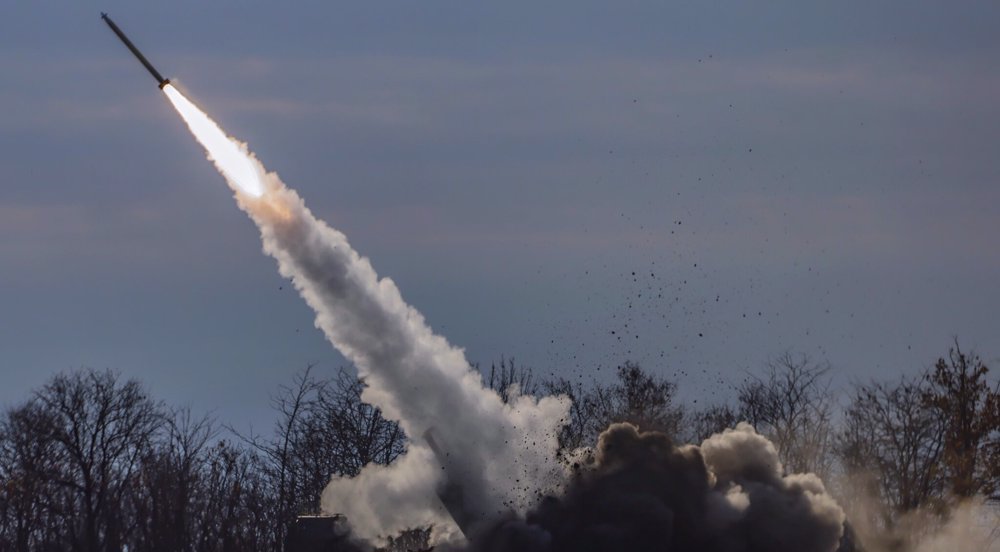
Russia: Ukraine violated Easter ceasefire using US-made weapons
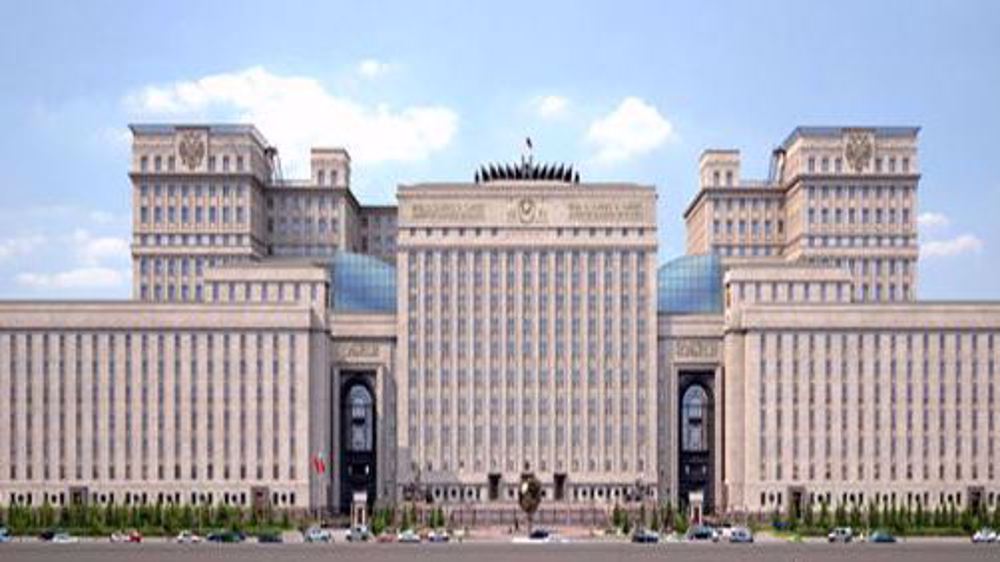
Russia says Ukraine violated Easter ceasefire over 1000 times
At least 65 Palestinians killed inside Israeli prisons
VIDEO | US deadly aggression vs Yemen
Iran denies US investors will be present in its trade fair
Israeli forces kill three Palestinians in intensified West Bank raids
VIDEO | Press TV's news headlines
Nearly 600 children killed in renewed Israeli assault on Gaza: UN agency
Moroccan port workers protest Maersk ship carrying F-35 parts to Israel
Iran will ‘chart its own path’ if US refuses to negotiate on ‘equal footing’: President


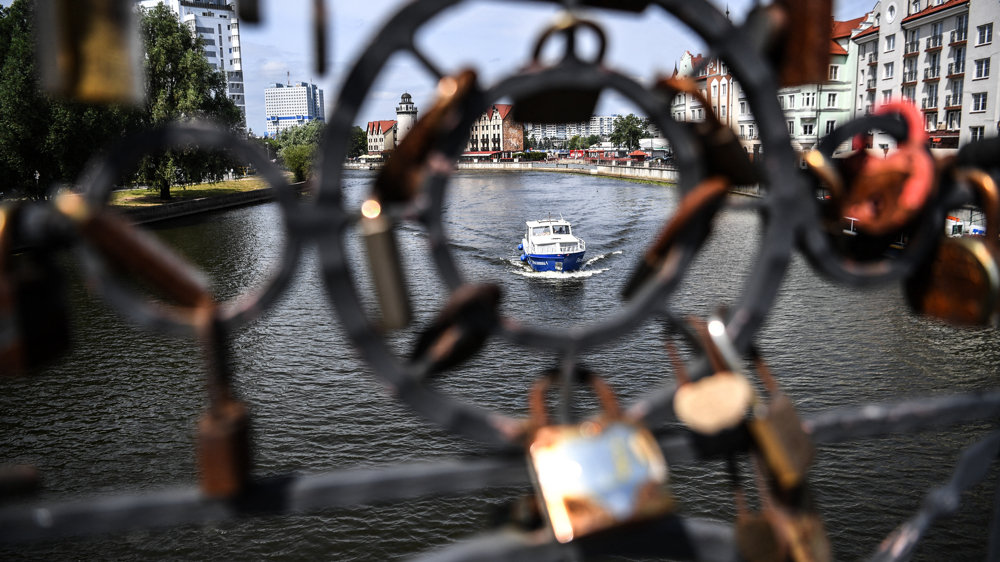
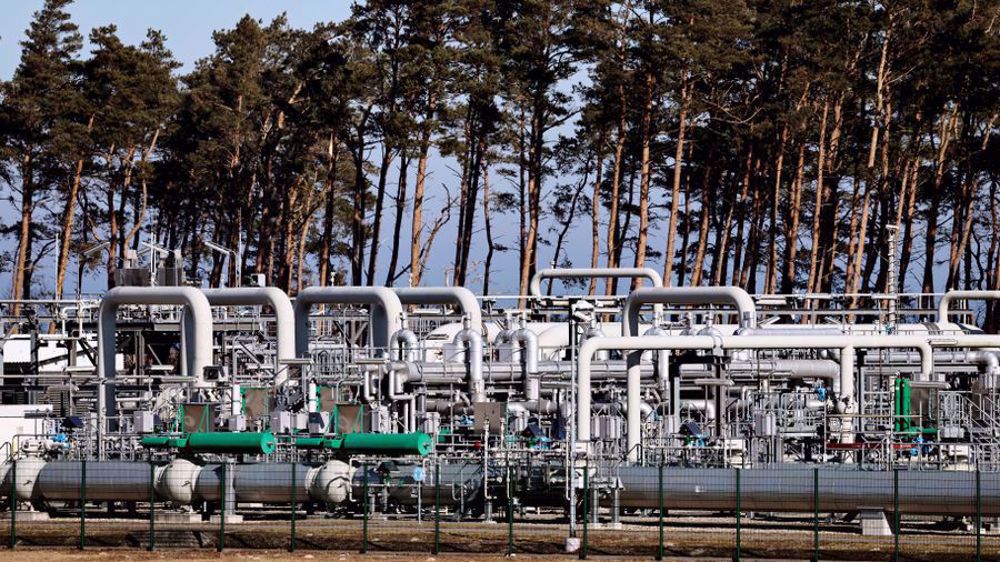



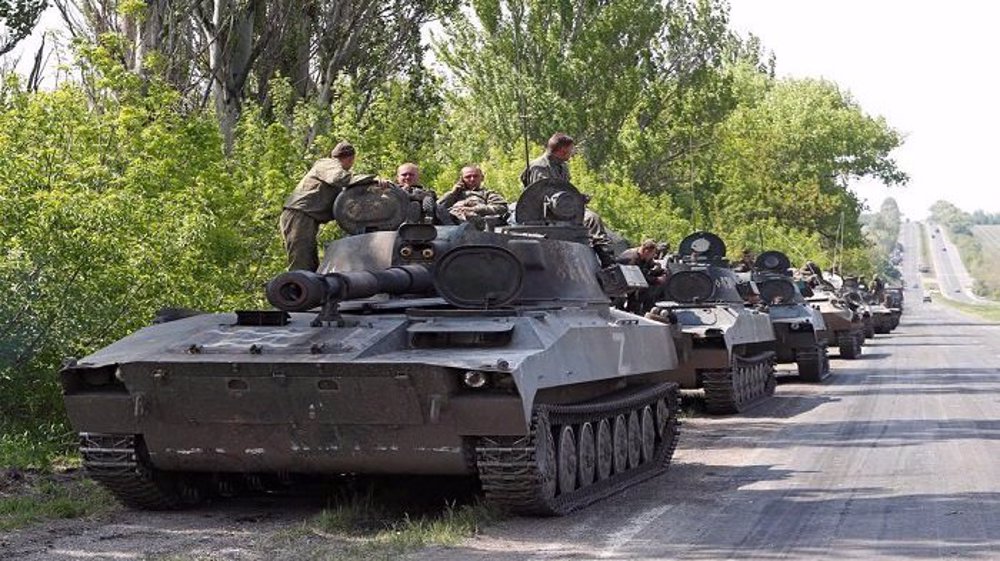
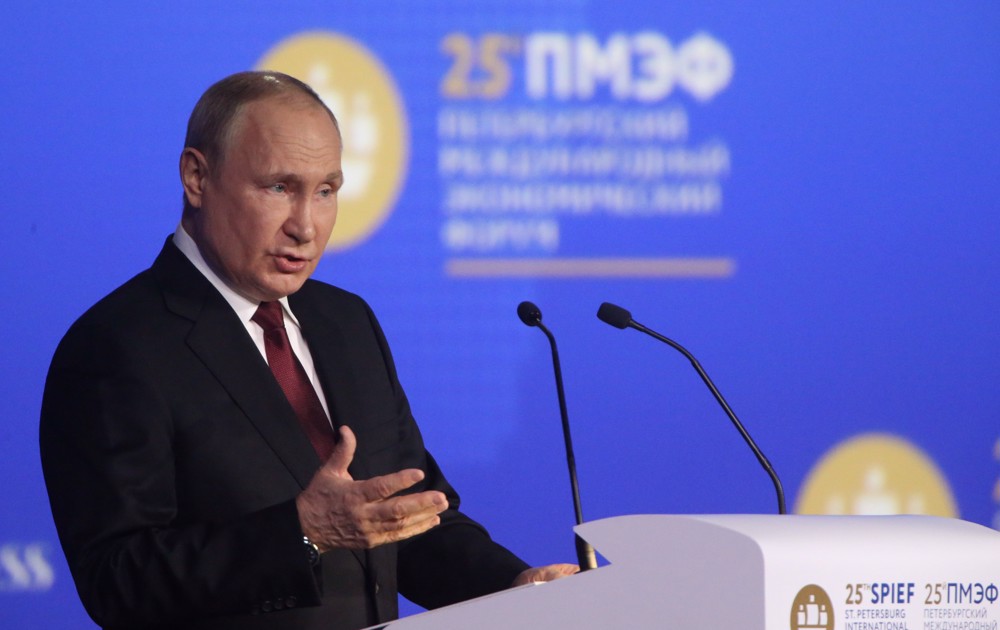
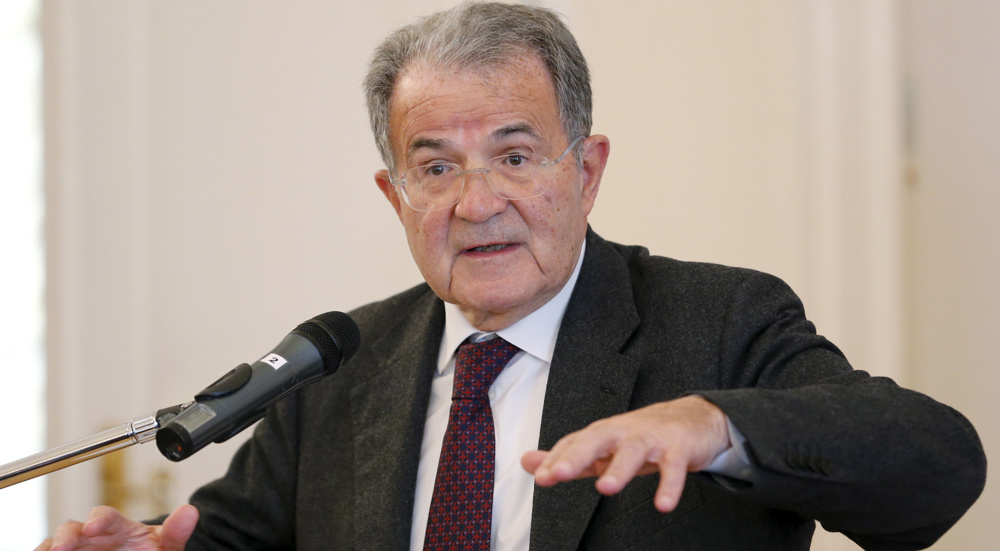
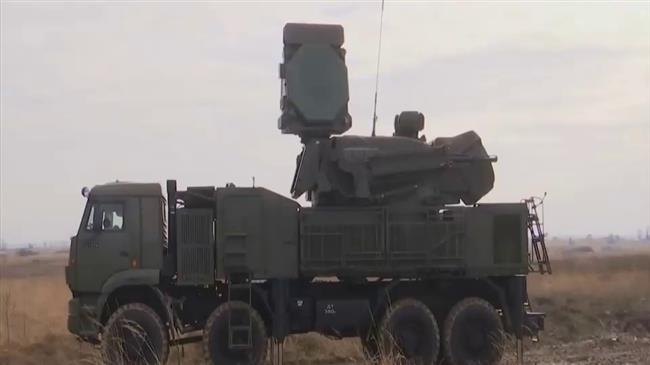

 This makes it easy to access the Press TV website
This makes it easy to access the Press TV website